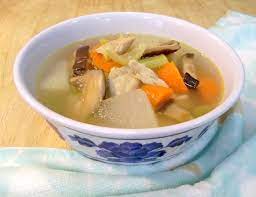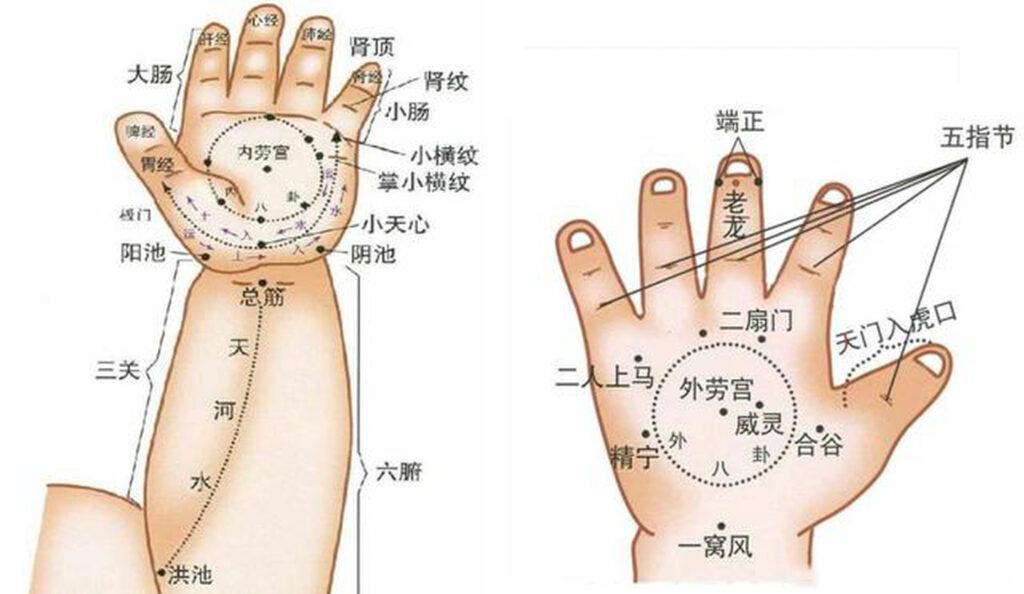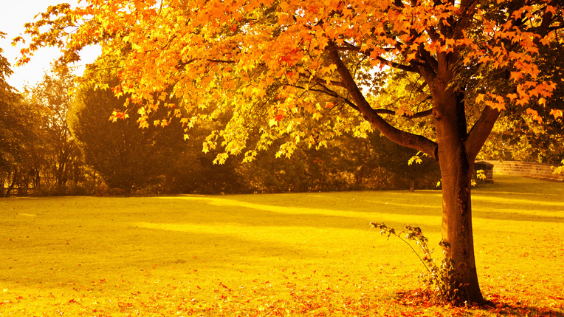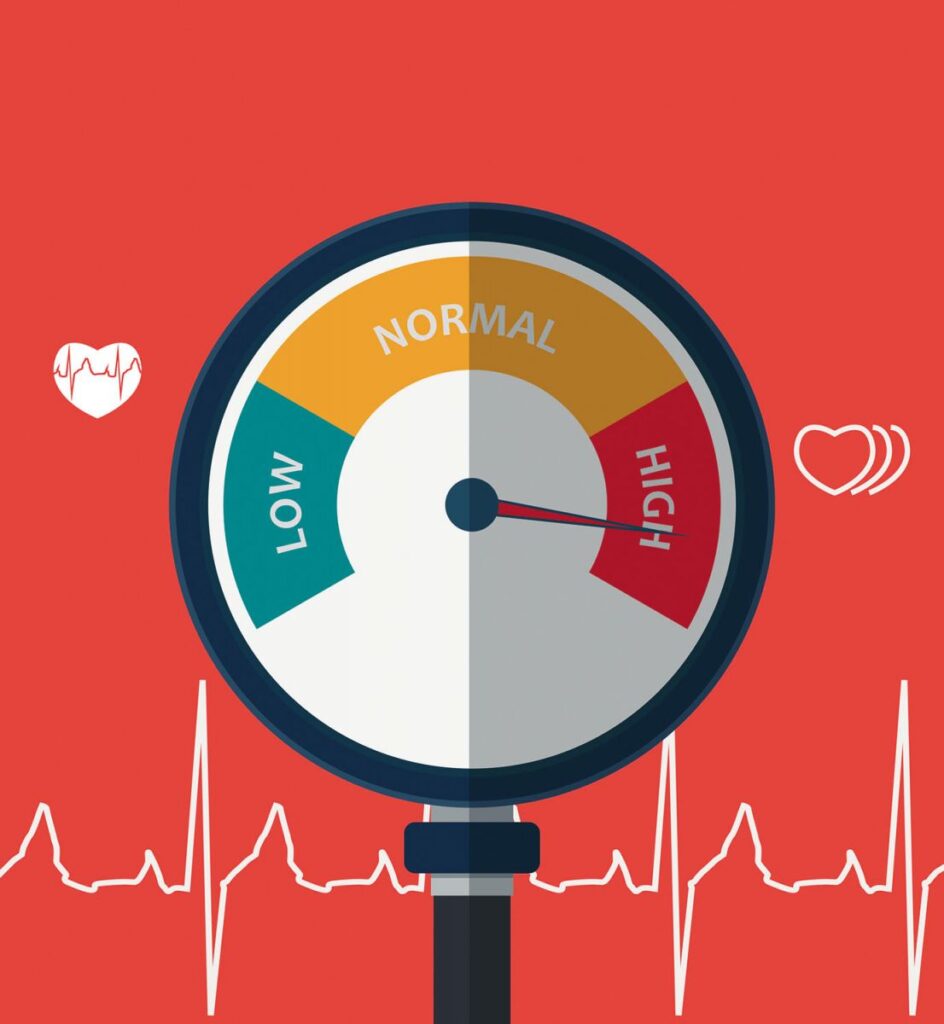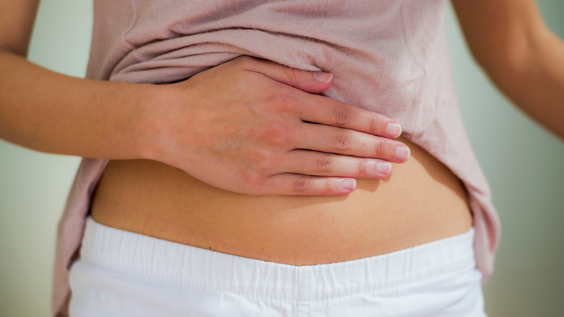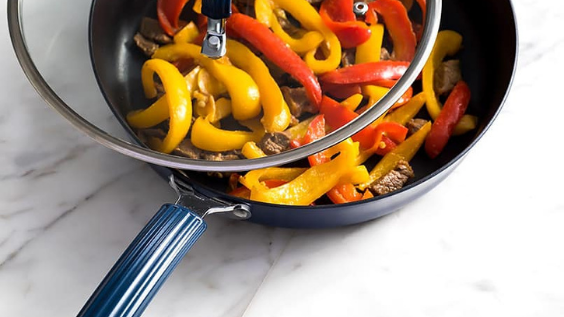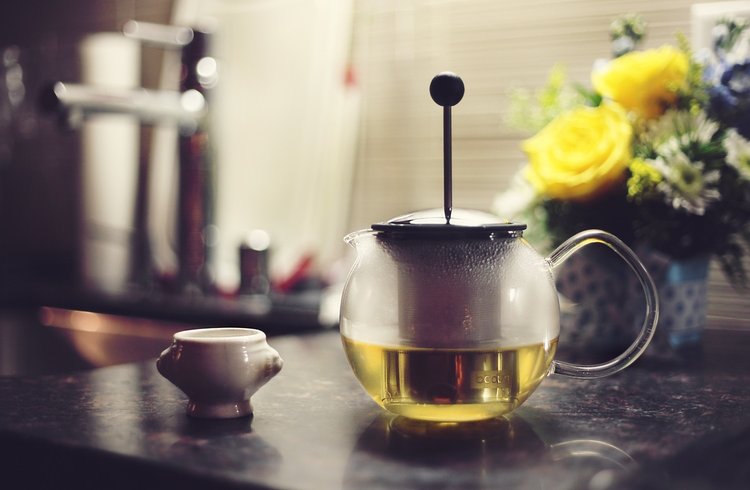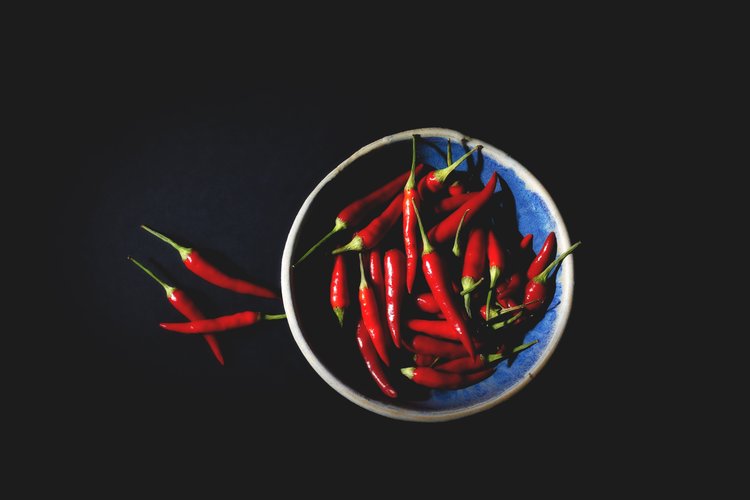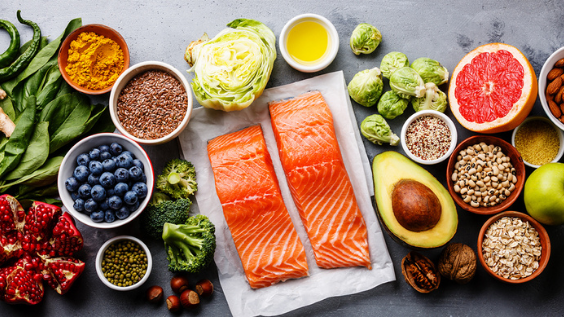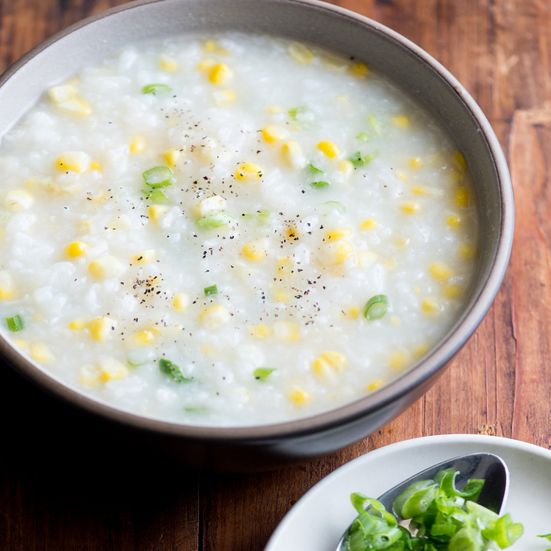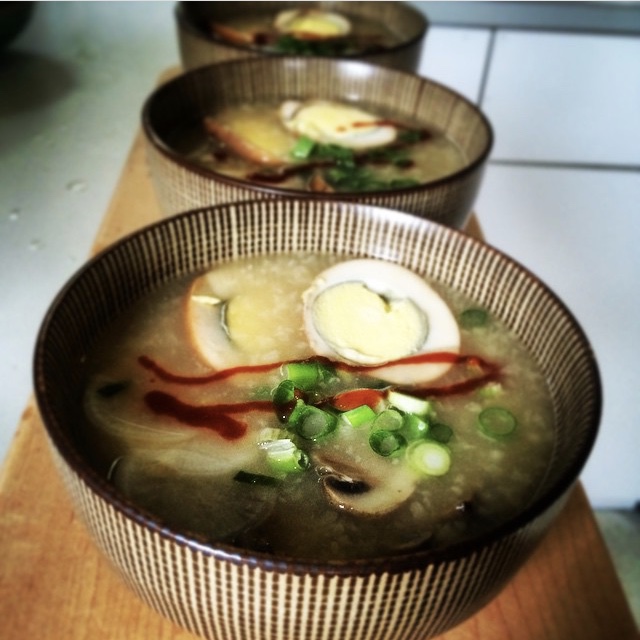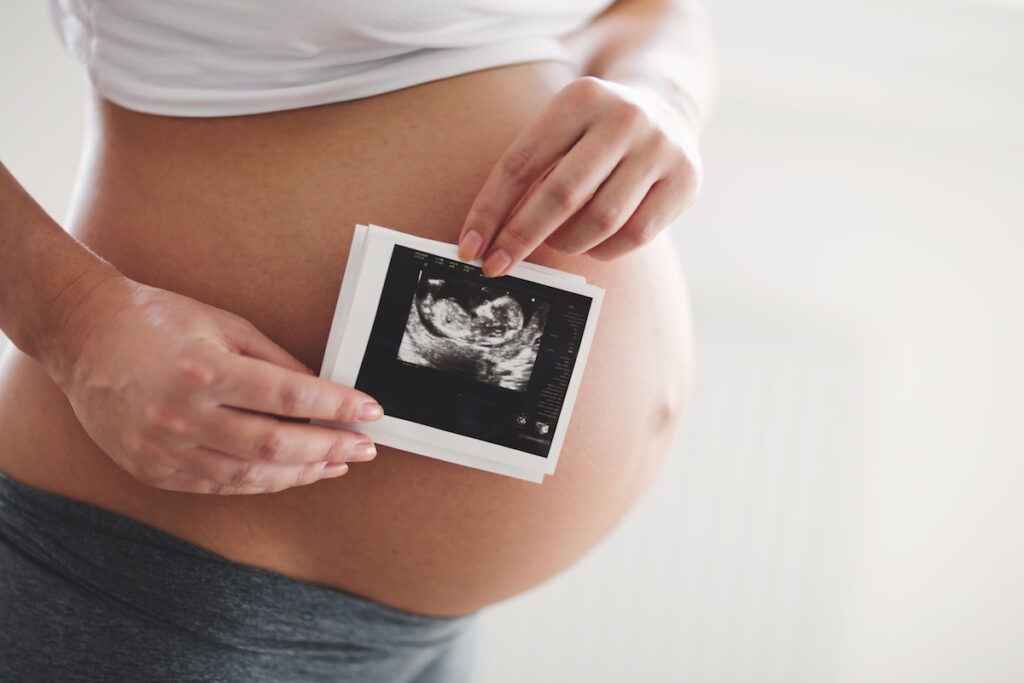
A core concept of Traditional Chinese Medicine (TCM) is the flow of energy through the body. This means your health will deteriorate when the energy is blocked. But how does the energy flow through the body? How can it become blocked and most importantly how can we unblock it? The answer comes down to meridians. So, what are meridians?
In TCM, the simplest explanation is that meridians are the pathways of energy around the body. There are fourteen main meridian pathways through the body that flow in pairs. These paths have multiple acupuncture points which activate them in different ways.
According to western science, many of the meridian points line up with our central nervous system. This Indicates a link between the nervous system and neural pathways, and meridians and acupuncture. The theory being that the thin needle somehow activates the neural pathways causing the body to react in a positive way. However this only applies to points located above nerve clusters and does not account for the other pathways.
Where are the meridians located?
The fourteen main meridians run the length of the body from the head to toe except for the two in the centre. One runs up the centre of the body and the other runs along the spine. In addition to the main meridian pathways, each limb has six channels. Three of these are considered Yin channels and the other three, yang. The yang pathways are surface pathways while the yin cover the inner area. It is only through balancing the yin and yang pathways and their connecting organs that the body can function properly.
Finally there are the “Extraordinary” meridians. Unlike the above meridians there are not connected to major organs. Instead they function as receptacle for qi and blood. They help circulate wei qi, the energy that acts as the defence of the body and is connected to the immune system. These meridians also act as connections between the regular channels.

The Importance of meridians.
The reason meridians are so important is that when they become blocked or stagnant then qi cannot flow freely. Qi is what keeps the body healthy so when it doesn’t flow properly illness can take hold. The biggest blocker of meridians is stress particularly overworking physically and or mentally, and anxiety. Things like bad diet, lack of sleep, and lack of or even too much exercise can also create blockages. This is where acupuncture, combined with herbs, exercise, and diet can help the meridians clear. By inserting the needle in a very particular point, the acupuncturist stimulates the meridian pathway helping to encourage the flow of qi, which encourages the body to recover under its own power. If the blockage is severe the patient may require multiple treatments.


